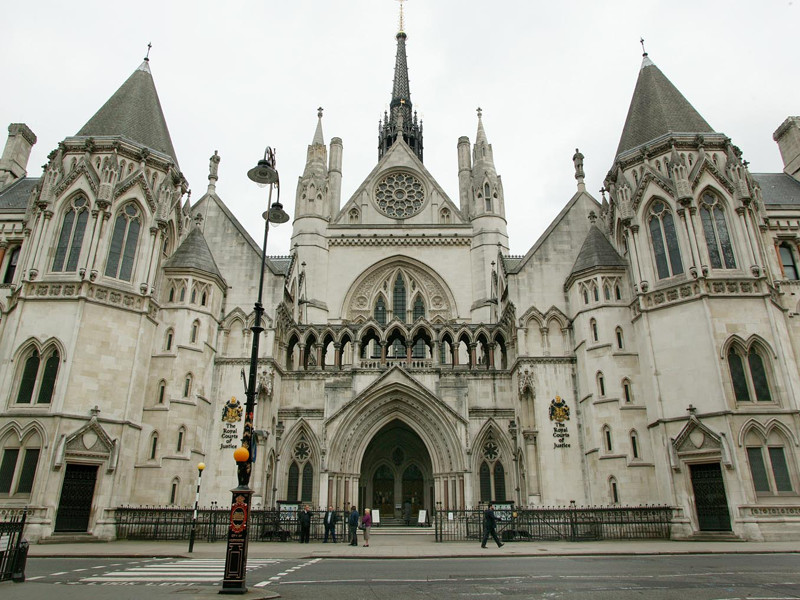On February 12 a High Court Judge rejected an attempt by developers to overturn an enlarged radiation emergency planning zone around the Atomic Weapons Establishment (AWE) Burghfield in Berkshire. The new zone includes the site of a long-proposed new housing development at Grazeley.
The judicial review, heard last December, was brought by three developers who own the site of the proposed development: Crest Nicholson, Hallam Land Management and Wilson Homes. They hoped to build a new ‘Garden Settlement’ of 15,000 homes on the site, a plan originally supported by local councils in West Berkshire, Reading and Wokingham.
The claim came about due to changes to the Radiation Regulations (Emergency Preparedness and Public Information) that came into force in 2019 and extended the existing emergency planning zone known as the DEPZ (Detailed Emergency Planning Zone) which designates emergency procedures including evacuation areas and potassium iodide provision in a radiation emergency.
Under the regulations the local authority, in this case West Berkshire, has the final decision on determining the DEPZ, but they rely heavily on modelling and assessments by the site operator and support from the Office for Nuclear Regulation (ONR). The Burghfield DEPZ is based on radiation dose calculations from modelling an explosion at the the site which would release plutonium oxide into the air. The increase in the size of the DEPZ is due to a new requirement to take a greater variety of potential weather conditions into account. The assessment document which sets out the rationale for the new DEPZ was not made public by AWE, and only its conclusions were shared with West Berkshire council.
The Claimants argued that the changes had been made improperly and asked for the DEPZ decision to be overturned. However, Mrs Justice Thornton rejected the claim on all grounds and and a request to disclose the assessment document, saying “the Claimants’ commercial aspirations to develop their land are not relevant to the legislative regime.”
The full court decision can be found here
